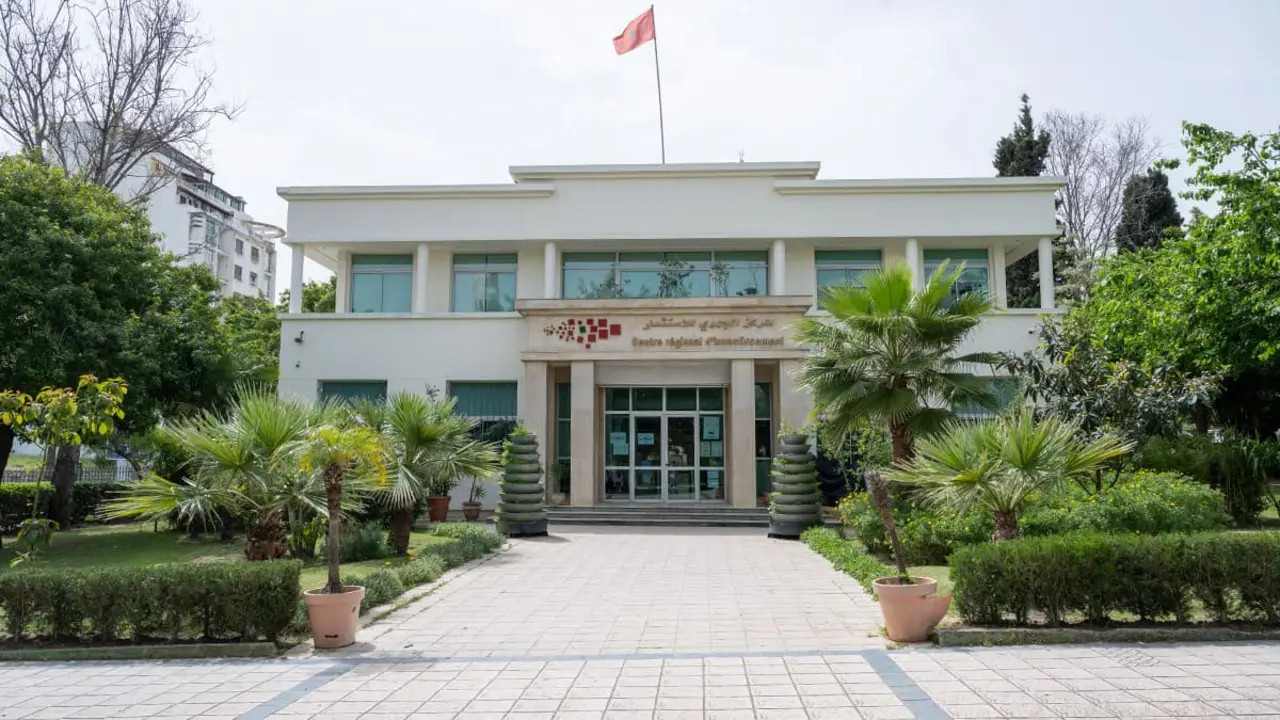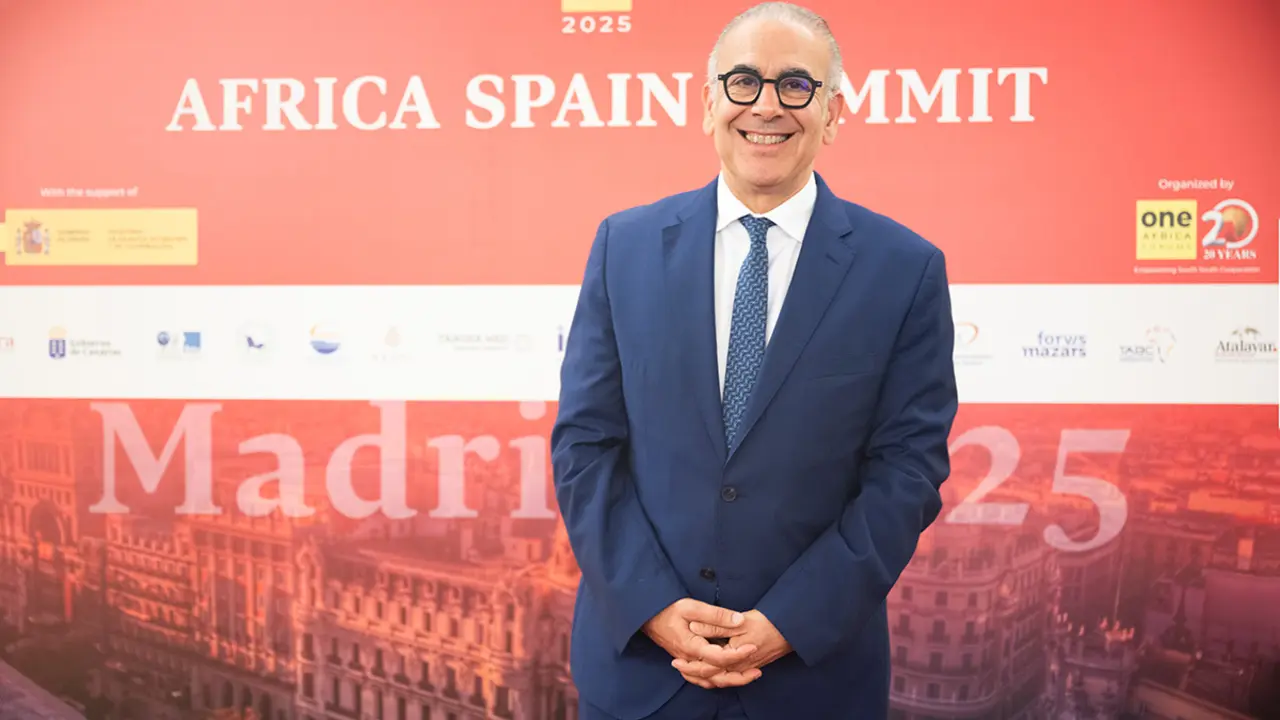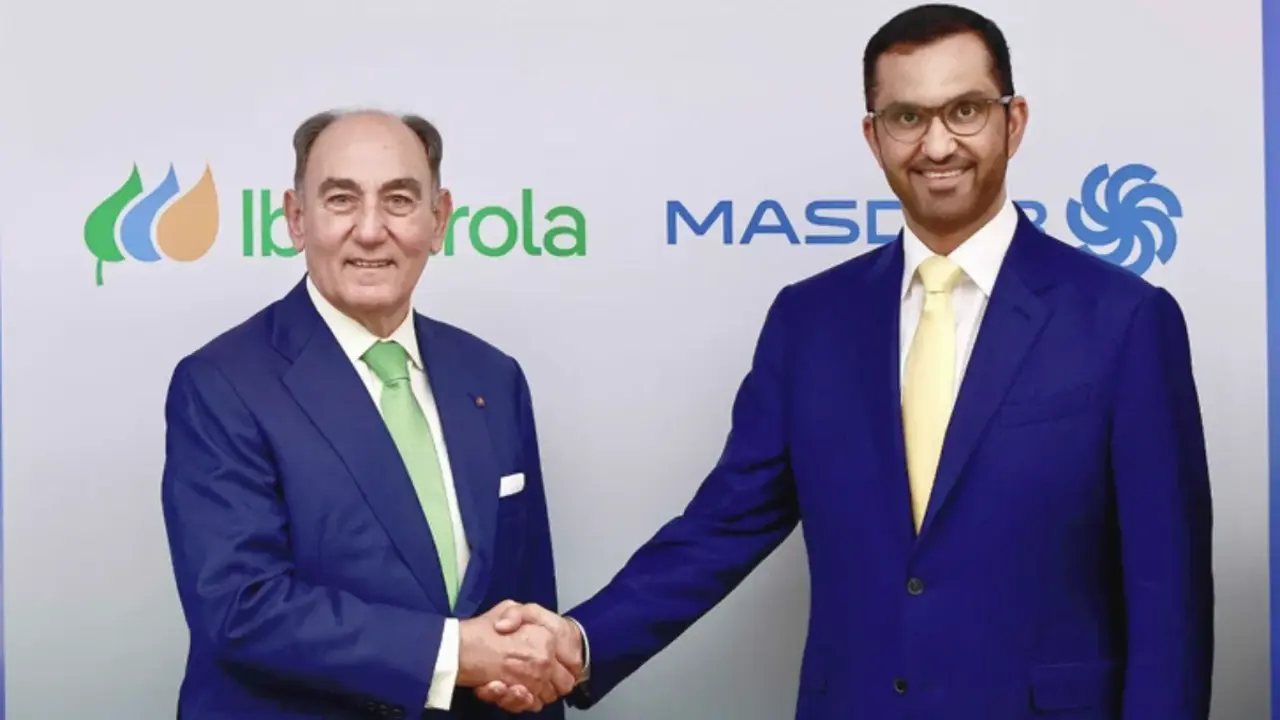Morocco's automotive industry breaks export records with 44 billion dirhams

Morocco's foreign exchange bureau has reported that the automotive industry in the country has set a record with exports of 44 billion dirhams (around $4.8 billion) in the half year of 2023. The figure shows an increase of 23% over the previous year and puts the automotive industry at the top of Morocco's export chart, ahead of agriculture and forestry.
The monetary value of exports that are part of the automotive sector has increased by 40.4% compared to the previous year. Sectors such as construction, the manufacture of vehicle interiors or wiring have also experienced a large increase in sales. The electronics industry has grown by 34%, while the mining sector has only increased its growth by 1.6%.

These exports have increased largely in response to growing production and demand for vehicles produced by Renault and Groupe PSA's domestic plants, as well as imports from local suppliers who supply these companies with diesel cars (and other goods) and factory-built trucks. According to the Ministry of Industry, Trade and Green and Digital Economy, more than 400,000 vehicles were manufactured in Morocco in the first half of 2023, an increase of 18% over the previous year.
Advisory firm Mordor Intelligence has concluded in a study conducted, that the Moroccan Automotive industry is expected to grow $14 billion by 2026. Potentially, it is also expected to surpass Italy's vehicle production by 2030, which, according to data from the International Organization of Motor Vehicle Manufacturers, manufactured more than 750,000 units in 2022.

Renault-Nissan has two plants in Tangier and Casablanca that can produce 500,000 vehicles a year, while PSA Group opened a plant in Kenitra in 2019 with an initial capacity of 100,000 vehicles a year. More than 250 companies, including Valeo, Delphi and other global suppliers such as Denso or Lear, are part of the automotive industry ecosystem in Morocco, along with these new additions. In 2021 alone, Morocco signed 25 trade agreements with European and US manufacturers.
The automotive industry has made Morocco a prime destination for foreign investment, thanks to the competitive advantages of its location close to Europe and Africa, preferential trade agreements with more than 50 countries, tax incentives through the country's central government, and the availability of a skilled and competitive workforce. In addition, a national industrial strategy has been established to promote local integration of components and services in vehicles, as well as to diversify export markets and value chains. Morocco has been postulated as one of the greatest industrial potentials on the African continent, with the "African Industrialisation Index" ranking Morocco second as the most improved industrialisation in Africa.








